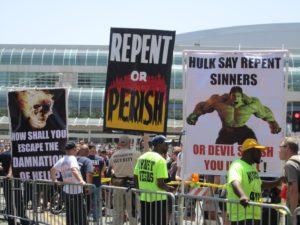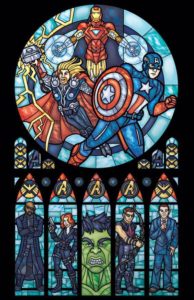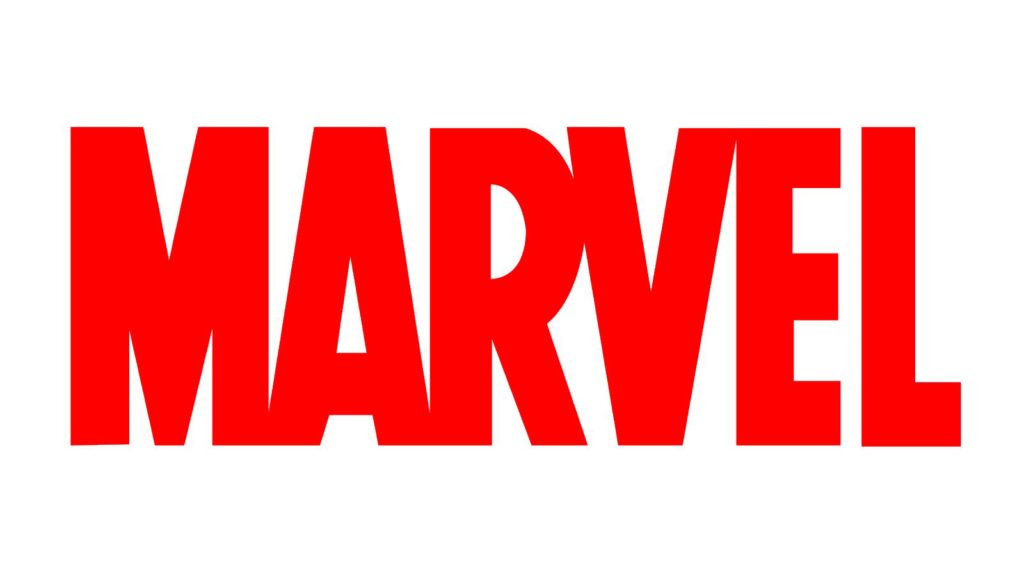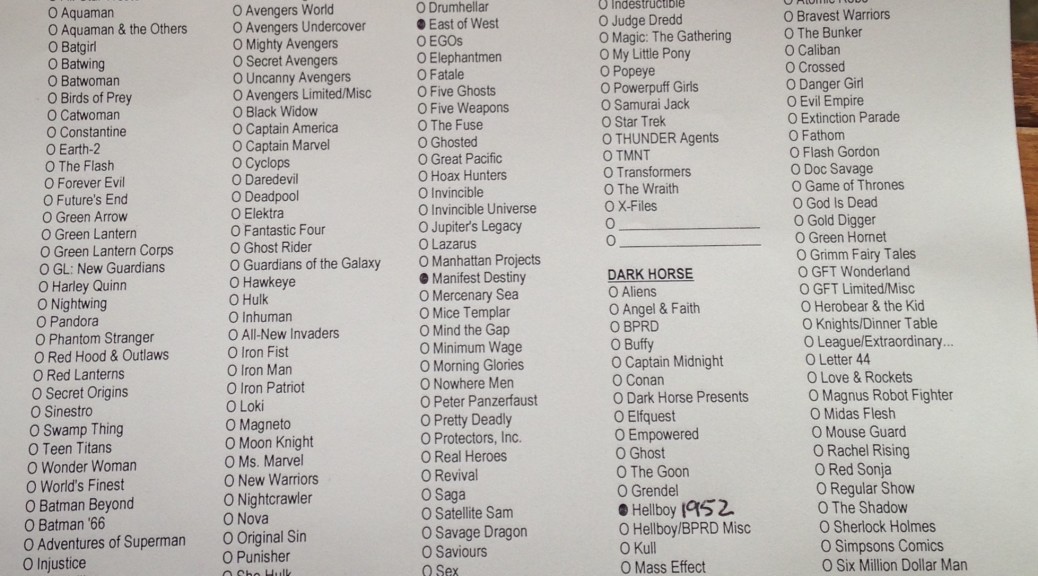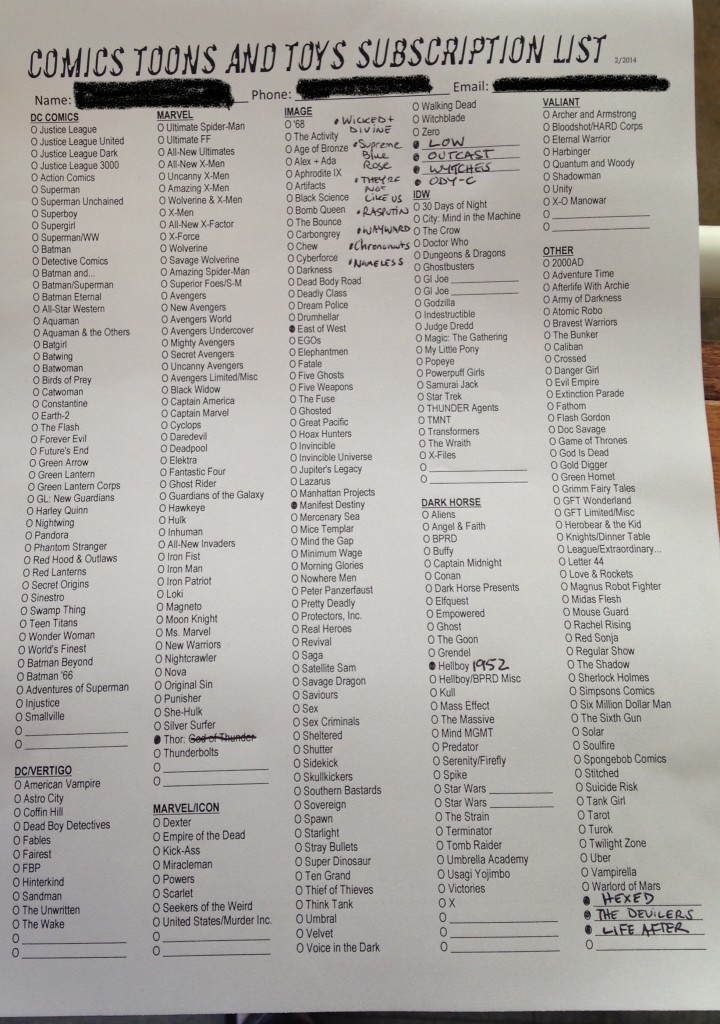In a fun but intriguing bit of a mental exercise, Fandom’s Lon Harris asks, if the events of Marvel Cinetmatic Universe films happened in real life, how might they affect faith and religion? It’s a question we at Sacred and Sequential have asked many times of the comics’ diegeses and storyworlds, so it’s a worthwhile scenario to consider for the film characters.
Harris speaks with Marvel Editor Tom Breevort “specifically, in a 2005 interview with the “:
Breevort explained that, in his mind, characters in the Marvel universe have a separate mental category for superheroes, independent from regular mortals or gods.
“For the average person in the Marvel universe,” Breevort explained, “they look at Thor and they say he is a superhero. He is no different than a Mr. Fantastic or Spider-Man or Cyclops; his get-up, his shtick, his whatever, is based on the mythological god of thunder. But I do not believe that most people in the Marvel universe actually believe he is the bona fide article.”
So denial — or, at least, lack of awareness — keep influence of religious institutions at bay. Eventually, though, “[e]very expert I spoke with — Christian or otherwise — felt that American evangelical Christianity would face the toughest challenges from the events of the Marvel Cinematic Universe.”
